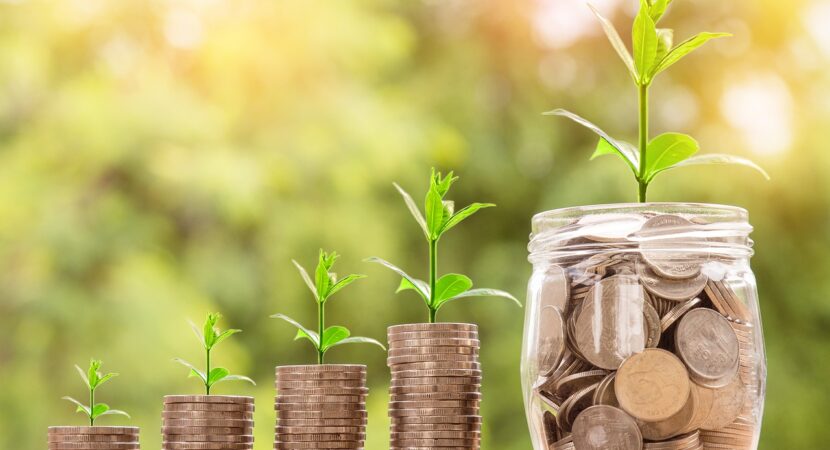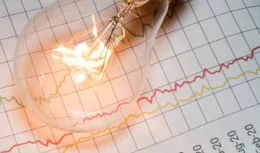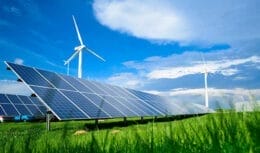
Surveys from the study led by ABBI point to annual revenues of US$ 284 billion by the year 2050 with the necessary investments in the bioeconomy. Boosting the use of biomass in the energy market is the main focus.
Led by the Brazilian Association of Bioinnovation (ABBI), the study “Potential impact of the bioeconomy for the decarbonization of Brazil” is this Thursday (26/01), with major projections for the future of the national economy. The country can reach a revenues of US$ 284 billion annually with the right investments in the adoption of biomass in the energy market. The document also evaluated three paths in the coming decades to achieve these projections.
ABBI study shows high potential for using biomass in the energy market to boost the bioeconomy in Brazil
A new survey carried out by the association proves that the country can reach an annual revenue of US$ 284 billion, if it invests in the bioeconomy by the year 2050.
The bioeconomy encompasses three sectors in the national market: the current policies for mitigating greenhouse gas (GHG) emissions in the country, the consolidation of biomass as the main energy matrix in important sectors of the economy, and the intensification of biorenewable technologies.
Of these three, the adoption of new projects to encourage the use of biomass in the energy sector is the most important to ensure the expected high revenue.
The study “Potential of the impact of the bioeconomy for the decarbonization of Brazil” was carried out by ABBI, in partnership with Embrapa Agroenergia, National Laboratory of Biorenewables of the Center for Research in Energy and Materials (LNBR/CNPEM).
In addition, the project had the participation of the Chemical and Textile Industry Technology Center (Senai/CETIQT) and the Cenergia Laboratory of the Federal University of Rio de Janeiro (Cenergia/UFRJ).
Alexandre Alonso, general head of Embrapa Agroenergia, highlighted the high potential in the energy sector with investments in the so-called bioeconomy over the next few years.
“The study quantifies the bioeconomy in energy transition scenarios and assesses how technologies generated by the so-called circular and low-carbon economy can complement the energy transition within production chains,” he said.
Biomass is one of the main focuses of the national renewable energy market for the coming decades. The ABBI study contributes to boost investments in the sector.
ABBI proposes three future bioeconomy scenarios in Brazil in the context of the energy transition in the market by 2050
The study led by ABBI proposed three different scenarios for the coming years in the Brazilian market, within the context of the energy transition.
The first scenario, entitled “Current Policies”, analyzes current national policies, as well as respect for the Nationally Determined Contribution (NDC), an initiative of the Paris Climate Agreement.
The second scenario proposed by ABBI, “Below 2 °C”, considers a national market in which biomass will be the main product to be used in low carbon projects and initiatives.
The main objective of this path would be to limit the increase in the terrestrial temperature “well below 2 °C” until the end of the century.
Finally, there is the scenario called “Potential of the Bioeconomy”, in which the bioeconomy fits in the context of the energy transition as a way to boost the objectives of the second proposed path.
With the study, ABBI seeks to contribute to new perspectives and investments in the bioeconomy and in the use of biomass as a strong bet for the future energy market.











I'm in line and I want mine...
I learned that thousands of Cubans migrated to…
Where did you get this data from? Cuba…
Where there are large agricultural areas, smaller…
Really Monica, and the floods in RGS…
It is necessary for a country with a…
And Fernando, you’re not just stupid…
Just one last observation. Concentration of barracks…